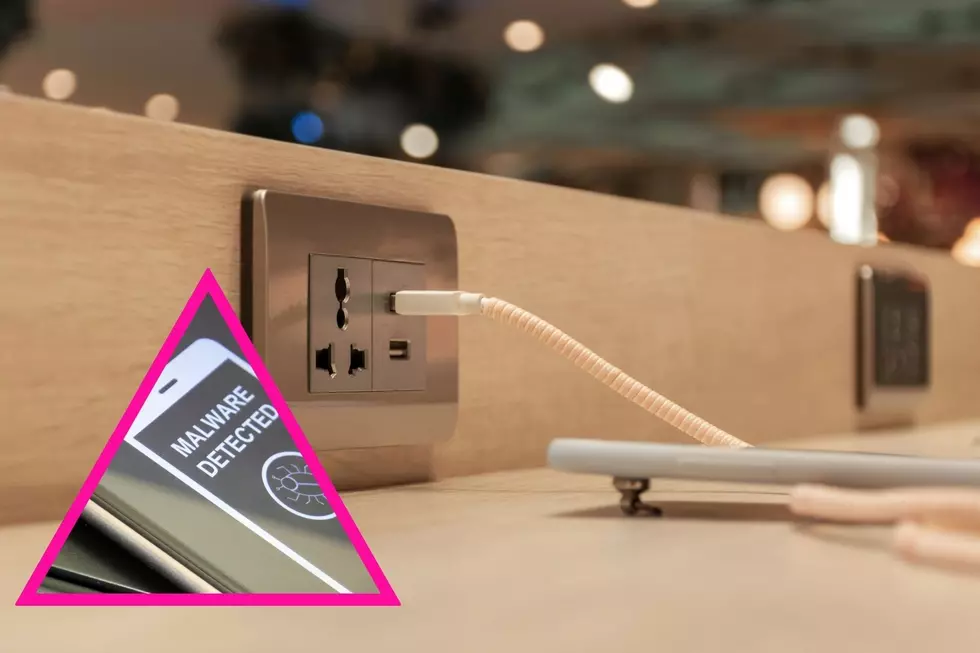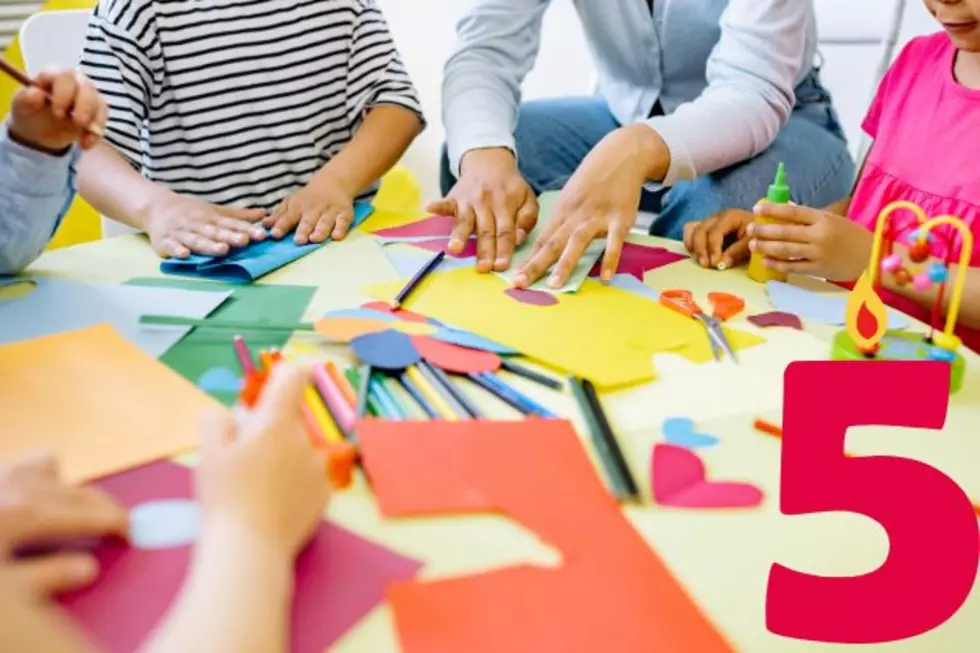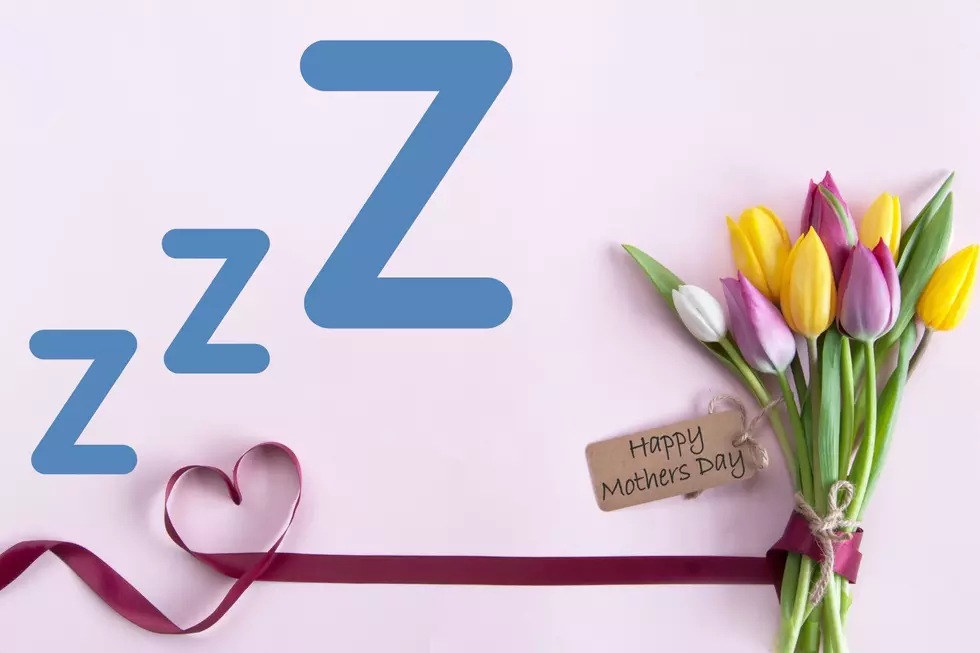
4 years later, NJ colleges still feeling impacts of COVID lockdown
⚫ Students are less prepared and need more outside help, colleges say
⚫ Institutions say mental health needs remain elevated
⚫ The pandemic is still impacting housing trends on campus
During this month four years ago, colleges and universities in New Jersey started to absorb the impact of the coronavirus pandemic.
According to comments made this week to state legislators, that impact is still being felt today.
Staff members from numerous Garden State institutions testified before the Senate Higher Education Committee on Monday, and many echoed the same concerns — there are still big holes to fill when it comes to the academic achievement and mental health needs of students.
Pandemic learning loss has followed students from high school into college, according to Rory McElwee, vice president for student Affairs at Rowan University. Since fall 2019, enrollment in developmental courses has doubled or tripled.
"More anecdotally, some faculty have noted that students seem less prepared, less ready to learn autonomously, or even lacking basic classroom skills like taking notes," McElwee said.
The four-year graduation rate at The College of New Jersey has not declined because of the COVID-19 emergency, but there's been a major shift in the out-of-classroom needs of students.
The number of tutoring appointments at TCNJ increased from 5,439 in 2021 to 8,862 in 2023, according to Suzanne McCotter, interim provost.
Mental health post-pandemic
Higher-ed institutions have had to improve their resources related to mental health, once students eventually came back on campus after months of fully remote or hybrid classes.
In 2023 alone, TCNJ had 900 unique clients at its counseling center.
"The number-one presenting issue among students is anxiety, and we expect this trend to continue," McCotter said.
Ramapo College of New Jersey has created a wellness room that can be accessed by students into the evening hours. A "welcome to wellness" program is required for all first-year students. And the institution created an online community, Togetherall, for students to be able to access anonymous peer support around the clock.
READ MORE: Free, 24/7 mental health services on NJ college campuses
The pandemic has also caused a shift in housing patterns that persist at Stockton University, according to Christopher Catching, vice president for student affairs.
Prior to the pandemic, Stockton's housing occupancy was at 97%. It's down to 86%
Catching said that's a concern because students who utilize college housing are more likely to continue their education. Also, students who live on campus have easier access to resources.
"We're continuing to look for strategies to help, particularly our most vulnerable students," Catching said.
Report a correction 👈 | 👉 Contact our newsroom
Top 30 schools most violent schools in New Jersey
Gallery Credit: New Jersey 101.5
Don't get fooled: Here's 24 scam texts I received in just one month
Gallery Credit: Mike Brant
These NJ town are getting poorer
Gallery Credit: Erin Vogt
More From New Jersey 101.5 FM









